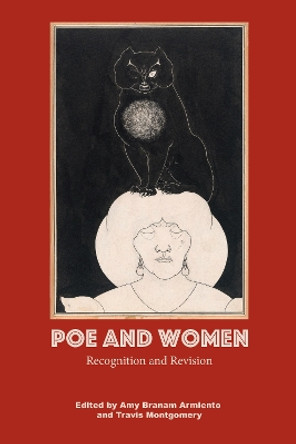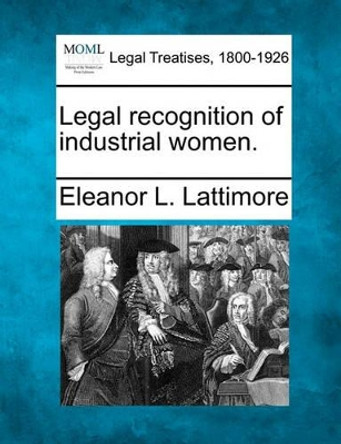Description
Axel Honneth's theory of recognition comes from a theoretical paradigm attached to Western deliberative democracy. Honneth does not interpret recognition from the perspective of gender equality and how a woman may be recognized in non democratic and non Western societies. If one interprets the theory of recognition with a focus on the situation of women, it is possible to identify that legal recognition plays a fundamental role. It is relevant, then, to propose forms of struggling for the recognition of these women. It is adopted the methodology of Critical Theory and recognition is illustrated from the perspectives of case studies, for instance, regarding women in China and Morocco. In these countries, there are different forms of disrespect. Nevertheless, despite restrictions imposed by government and culture, both countries still have forms of struggling for recognition that should be perceived. Several forms of struggling for recognition, to turn recognition into a universal institute, which can be applied in different contexts. There are always forms of struggling for better conditions of women's recognition in every community, through the support of law.
About the Author
Human rights' lawyer and educator, with a doctoral degree in philosophy of law at Paris-Lodron Salzburg University. Currently resides in Germany, with previous researchers conducted at China, Morocco, Norway, and Brazil.
Book Information
ISBN 9783658468484
Author Carolina Diamantino Esser Santana
Format Paperback
Page Count 251
Imprint Springer
Publisher Springer







